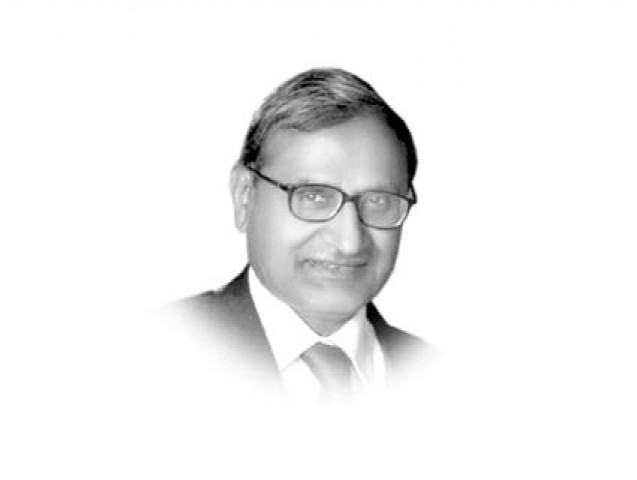Ideas whose time never came
All of the promises made by Hafeez Sheikh at last years budget presentation have not been kept.

A very specific pronouncement was made about the public sector enterprises (PSEs). The finance minister had stated: “Let me commit that restructuring of the eight major PSEs would be the major objective of the government during fiscal year 2010-11. A restructuring model along with timelines approved by the cabinet will be implemented. Haemorrhaging in the PSEs is causing a drag on our economy. We must make these PSEs financially solvent.” Not one, not two, but all of the eight public sector enterprises continue to bleed the public exchequer.
The official Labour Force Survey routinely underestimates the extent of unemployment in Pakistan. In the 2009-10 survey, the rate of unemployment was 5.6 per cent, up from 5.5 per cent in 2008-09. Even at this low rate, the absolute number of the unemployed in 2009-10 was over three million. Mr Sheikh’s stewardship will add 1.4 million more. In the budget speech, he had declared: “Employment generation will be an important test of our policies.” Not only has he failed this test, the only initiative announced to tackle rural unemployment was completely forgotten.
In all provinces except Sindh, the absolute number of rural unemployed is higher than the urban unemployed. This suggests that the higher rural incomes resulting from higher support and export prices are not translating into higher rural employment. The unemployment data corroborates with the poverty data, which shows rural poverty to be higher than urban poverty. In this background, the proposed rural employment guarantee scheme makes a lot of sense. But it remains a scheme only on paper.
One only hopes that the budget speech today will promise less, and do more.
Published in The Express Tribune, June 3rd, 2011.















COMMENTS
Comments are moderated and generally will be posted if they are on-topic and not abusive.
For more information, please see our Comments FAQ